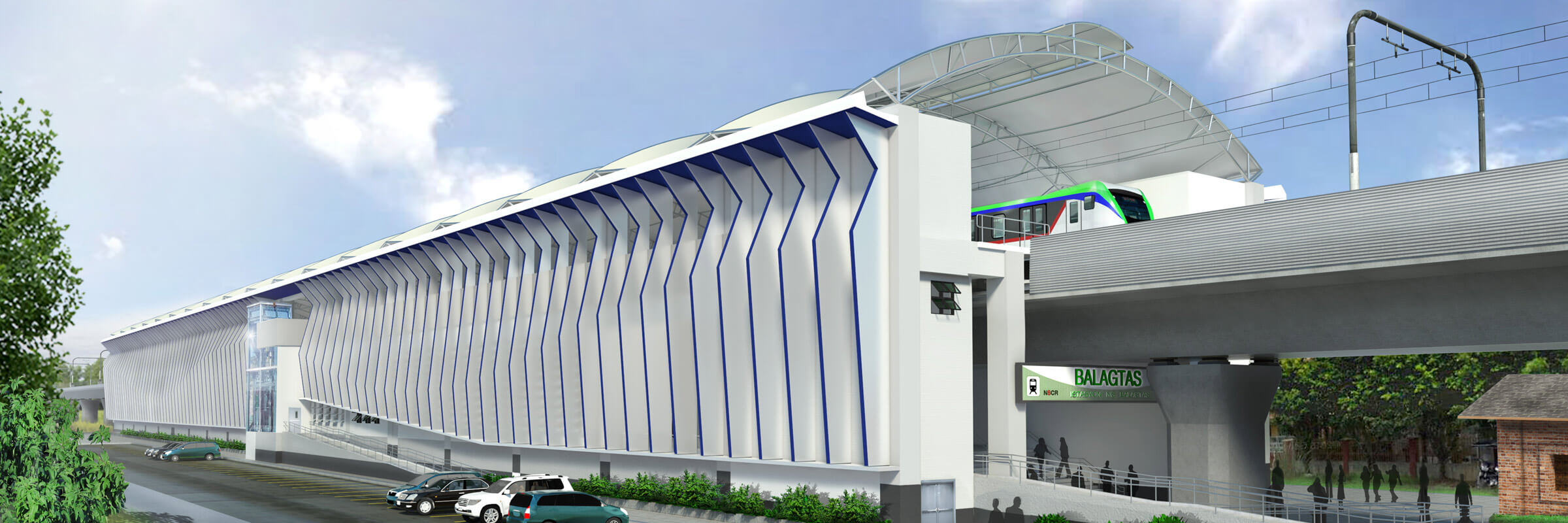
The study’s primary focus lies in identifying key findings, concerns, and recommendations regarding dam breach simulations. It underscores the importance of international efforts to gather accurate datasets and conduct laboratory-based dam breach simulations, which could significantly enhance data-centric models. Additionally, it emphasises the necessity of considering all relevant information, particularly geotechnical data, to ensure the reliability of estimations, especially for large dams with potentially catastrophic consequences.
Practitioners are advised to exercise caution when utilising breaching equations for dams equipped with additional safety components, ensuring a thorough understanding of dam structures to derive reliable outcomes. The study also points out ambiguities and limited information regarding the ‘erodibility’ term in certain datasets, suggesting a reassessment of equations and the collection of more geotechnical data for future research. Furthermore, it stresses the need for a robust framework to filter and select the best predictors, acknowledging the significant impact of input data on data-driven approaches.
Lastly, the study highlights the importance of selecting empirical equations based on comprehensive datasets to ensure accuracy in peak failure discharge estimations, while also recognising the necessity for continuous refinement of methodologies with improvements in historical data and predictor updates.
Monte is looking forward to seeing how this research can inform the global dam industry, “On a global scale, anyone from any part of the world could replicate and or use this methodology and compare/validate against their local procedure and models that they have.”
Monte, along with his colleague Tim Rhodes will represent SMEC at the “Advances in Dam Breach Assessment” webinar hosted by the Australian Water School on 8 May 2024. Here, he will speak more on the use of advanced statistical methodologies to reach the outcome, while leveraging this platform to share his expertise with professionals and researchers worldwide.
 Engineering positive change: delivering community-centric infrastructure in rural Africa
Engineering positive change: delivering community-centric infrastructure in rural Africa
Across the vast and diverse landscapes of rural Africa, many communities face significant barriers to accessing essential infrastructure. Limited access to clean water, sanitation, reliable transportation, and consistent energy supply impedes daily life, and deepens existing inequalities.
 A Sustainable Approach to Reservoir Management: Advanced Sediment Yield Forecasting Using SWAT
A Sustainable Approach to Reservoir Management: Advanced Sediment Yield Forecasting Using SWAT
Reservoir sedimentation is a growing concern for water resource managers and hydropower projects, as it diminishes water storage capacity, affects water quality and poses long-term challenges for operational efficiency.







